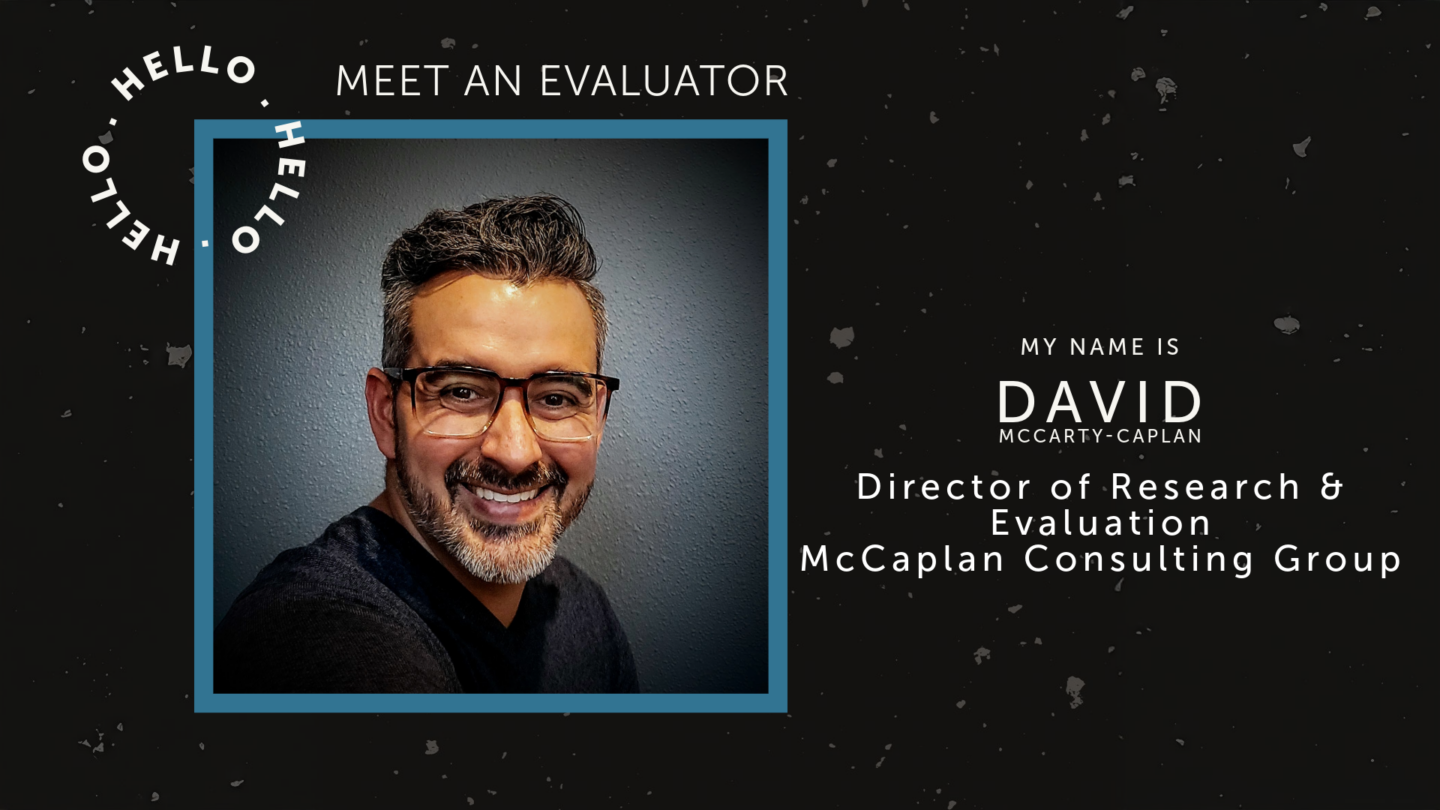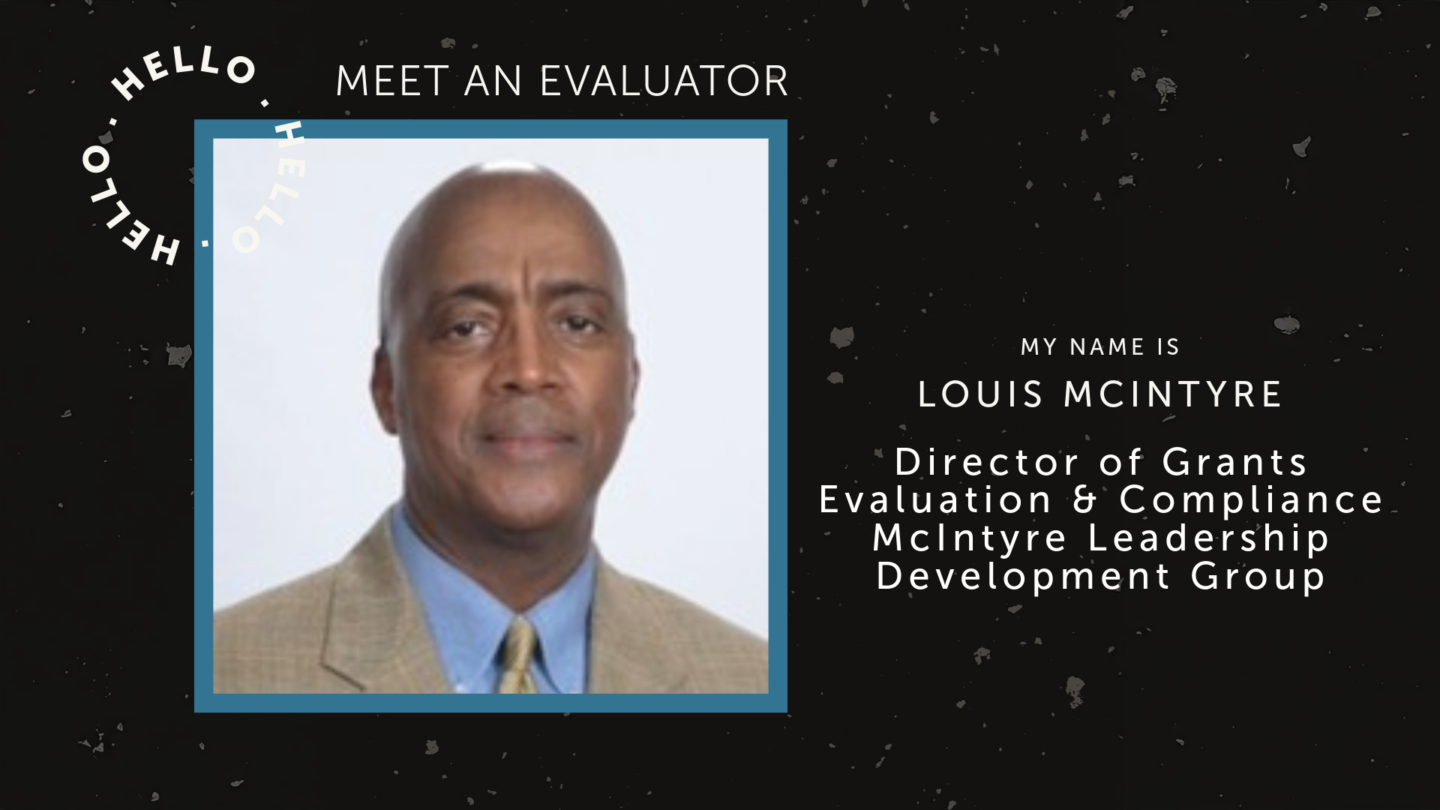
During my twenty-plus-year professional career, I have participated in many grant applications. I have experienced the grant-seeking process from three perspectives: applying for funding as a principal investigator, collaborating as an external evaluator, and assessing proposals as a reviewer. I have witnessed some successes and failures in each role, while also learning a few things about what makes a successful grant proposal. While every review panel is different, I have noticed a few issues that reoccur in reviewer comments and discussions. Based on my experiences with STEM proposal reviews, here are three big mistakes to avoid when writing your next grant proposal.
- Too Much Science, Too Little Planning
A few years ago, I agreed to join a grant application as the external evaluator for a proposal to an NSF program that supports undergraduate educational programming in STEM fields. The principal investigator leading the project had a great background and exciting ideas about piloting a classroom artificial intelligence experience. However, the reviews suggested the proposal was a long way from being funded. The reviewers’ comments regarding the theory, ideas, and needs discussed in the proposal were very positive. Unfortunately, the strengths were overridden by concerns that the proposal lacked detail on how the program would be implemented and how students would be recruited.
Lesson: Innovative ideas, cutting-edge science, and project team credentials are not enough on their own! Reviewers see many great ideas from skilled people who are experts in their field (just like you). You can stand out by being specific about what you propose to do, who it benefits, and how it relates to the grant program’s goals.
- Assuming that Academics Prefer Academic Language
Review panels that I have been on consist of 12 to 14 individuals, each responsible for reading 20 to 25 grant applications. The members are usually Ph.D.-level researchers or university faculty (or evaluators like me) representing multiple disciplines. Put simply, the odds of having your application reviewed by an expert from your same scientific field are poor! If the proposal uses acronyms or assumptions common to one discipline, interpretations vary, and arguments begin regarding what is being proposed and whether it has intellectual merit.
Lesson: Reviewers are intelligent but come from different backgrounds. Use language that can be readily understood and followed by anyone.
- Skimping on Evaluation
An acquaintance from another college once asked if I would be willing to serve on an evaluation advisory committee for their proposed project. The grant they were applying for required all projects to be evaluated but did not specifically require an external evaluator. To save resources, the project team wanted to evaluate it themselves. I was concerned the approach would not satisfy the funding agency’s evaluation requirement. Not surprisingly, the proposal was rejected, and the reviews were harsh. One reviewer described the use of the advisory panel as being “unorthodox” at best. Others noted that there were almost no resources devoted to conducting the evaluation either internally or externally.
Lesson: Reviewers do care about the evaluation section of your grant application. Be specific about who will conduct the evaluation, and dedicate resources to support evaluation activities.
Suggested Resource: Check out this EvaluATE webinar on how to improve the evaluation section of your next ATE proposal https://evalu-ate.org/webinar/august-2020/

Except where noted, all content on this website is licensed under a Creative Commons Attribution-NonCommercial-ShareAlike 4.0 International License.





 EvaluATE is supported by the National Science Foundation under grant number 2332143. Any opinions, findings, and conclusions or recommendations expressed on this site are those of the authors and do not necessarily reflect the views of the National Science Foundation.
EvaluATE is supported by the National Science Foundation under grant number 2332143. Any opinions, findings, and conclusions or recommendations expressed on this site are those of the authors and do not necessarily reflect the views of the National Science Foundation.